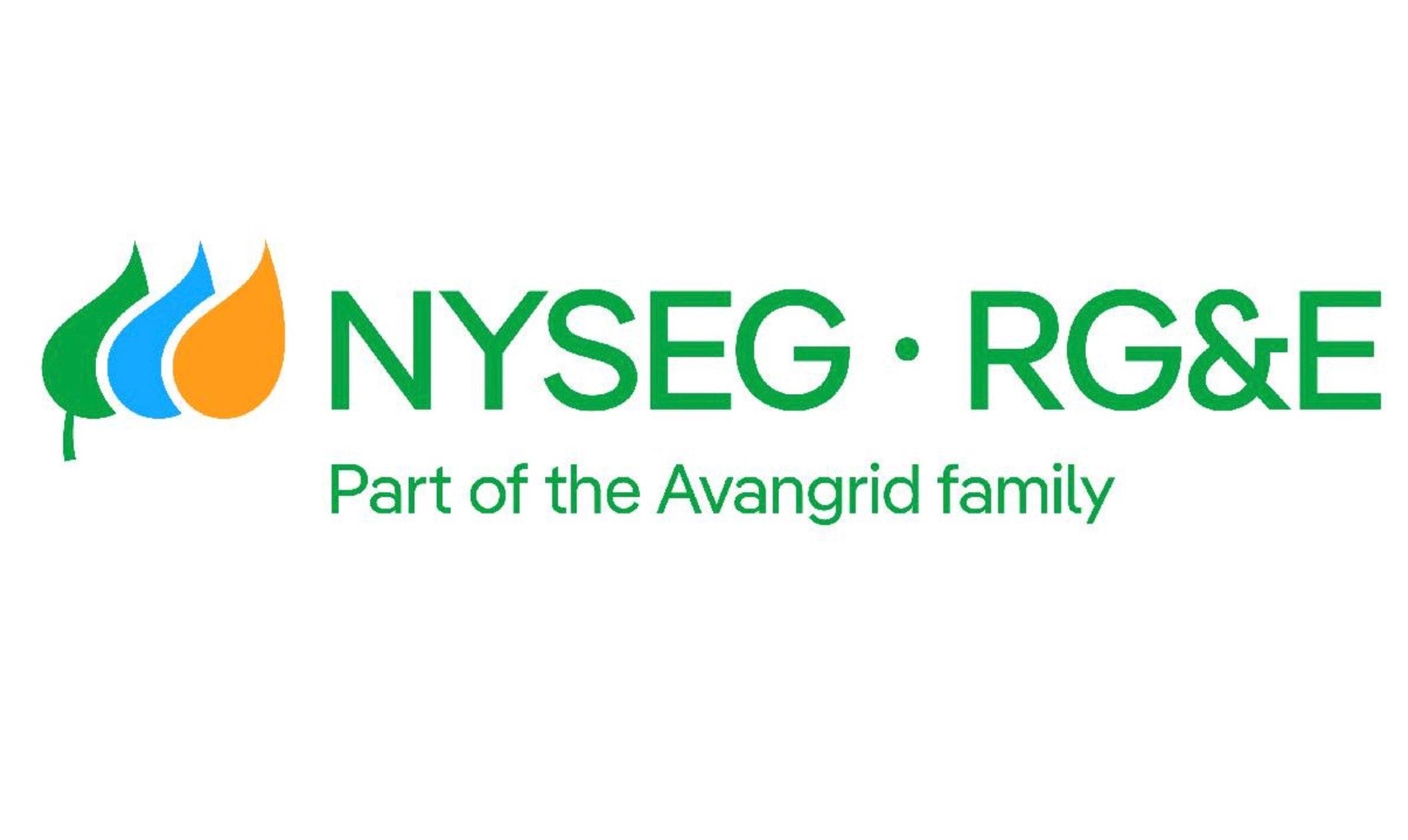Be aware that MOST carbon monoxide alarms cannot detect natural gas leaks, unless the alarm specifies that it can detect both. Natural gas and carbon monoxide are two VERY different gases, yet most think that their CO alarm detects gas, and it does not.
It is important for homeowners to know the difference between their alarms and what they can detect. Homeowners should have the appropriate alarms in their homes to ensure a safe space and to keep their loved ones safe.
Natural Gas vs. Carbon Monoxide
Natural gas is a fossil fuel energy source consisting mostly of methane. It is more flammable than carbon monoxide and it can cause fires or an explosion.
Did you know the majority of Americans use natural gas to fuel and/or heat their homes?
About 60% of U.S. homes use natural gas for space and water heating, cooking, and drying clothes (EIA). While some typical signs of a natural gas leak are a rotten egg smell or a whistle/hissing noise near a gas appliance, one should never rely on your sense of smell alone or these symptoms alone. In fact, if these signs are missed, it can cause serious health injury, suffocation (like CO), deaths and lead to home explosions.
Do Not Use Your Sense of Smell to Sense Gas Alone
When it comes to natural gas leaks, relying on your sense of smell is a very antiquated approach. What if you’re sleeping, or if you’re a senior, or have a diminished sense of smell from COVID as many have reported? The last thing you want is for a gas leak to go undetected. The only true way to have safety and peace of mind is with a 100% natural gas alarm you can trust with your life.
Carbon Monoxide (CO) is the result of incomplete combustion of carbon-containing fuels. CO is produced when we burn fuel in cars, stoves, grills, furnaces, etc. It is a colorless, odorless, and tasteless flammable gas that is slightly less dense than air, making it very difficult to detect without a CO alarm. If CO builds up in the home, it can combust and/or cause suffocation (CO poisoning).
Every year, at least 420 people die in the U.S. from accidental CO poisoning (CDC). Many states require carbon monoxide detectors in homes.
Natural Gas Detectors Can and Do Help Save Lives
DeNova Detect offers the first and only 100% battery-operated natural gas alarms that have been proven to detect natural gas leaks sooner than any competitor on the market. These alarms monitor the air in an area for the presence of natural gas and alert homeowners before they may even smell it. Gas leaks can come from aging pipelines underground or faulty gas appliances. Natural gas detectors help prevent gas incidents/explosions from occurring.
Carbon Monoxide Detectors Are Necessary Too
Carbon monoxide (CO) alarms detect CO leaks. If there are fuel-burning appliances or equipment in the home, there can be a risk of carbon monoxide being released into the air. A carbon monoxide alarm will alert homeowners of dangerous levels of CO, helping to prevent fires or suffocation.
The Importance of Having Both Natural Gas & CO Detector
Everyone should have a carbon monoxide and natural gas detector in their home. Gas leaks and carbon monoxide can go undetected if the proper technology is not installed. Relying on your nose or symptoms is not a safe method to know when you have a gas leak or if CO is present. The best way to help prevent home damages, injuries, or death from natural gas or CO is to invest in the proper alarms.
DeNova Detect Has the Quickest Alert Time Combo Alarm on the Market
Detecting gas leaks and carbon monoxide early is crucial to protecting lives and property. DeNova Detect’s 10-year, 100% battery-powered combo alarm detects BOTH natural gas leaks and carbon monoxide faster than any other alarm in the US as proven by the Gas Technology Institute. By being 100% battery-powered, it allows homeowners to easily place the alarm in its optimal placement and it’s not impacted by power outages. The batteries do not need to be replaced for 10 years, so you can set it and forget it. Protect your family and home from the dangers of natural gas leaks and carbon monoxide poisoning.
Equip your home with the best in gas safety. Visit www.denovadetect.com.





Leave a comment
This site is protected by hCaptcha and the hCaptcha Privacy Policy and Terms of Service apply.